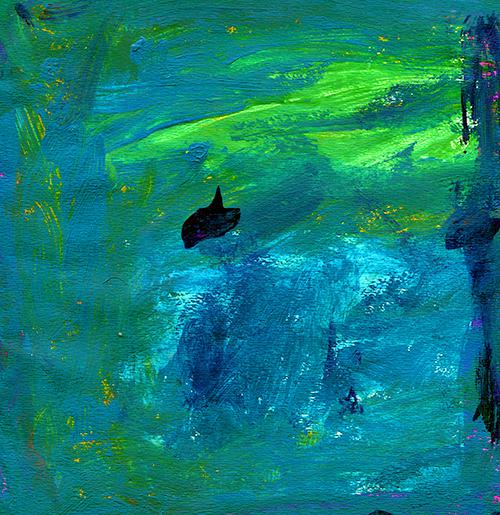Henri J.M. Nouwen,
Adam: God’s Beloved
(Maryknoll, NY: Orbis Books, 1997, 2012.).
From the moment I saw Adam’s body lying in his casket, I was struck by the mystery of this man’s life and death. In a flash I knew in my heart that this very disabled human being was loved by God from all eternity and sent into the world with a unique mission of healing, which was now fulfilled. (15)
Much of Fr. Henri Nouwen’s writing is characterized by simple language that plumbs deep spiritual depths. This book is no different; however, unique to this work are the autobiographical elements that also reveal some elements of Nouwen’s personal journey in his final years of life. A Dutch-born Catholic priest, Nouwen was also a prolific writer and well-known academic for decades before he became both member of and pastor for the L’Arche Daybreak Community in Toronto, Canada. Stepping away from academia and into a community home where he lived with and served intellectually disabled individuals, Nouwen encountered Adam Arnett, the book’s namesake.
Adam was unable to speak, was afflicted by seizures throughout his life, and in need of help for most of his basic daily life tasks. He was the person in the community most in need of care and assistance, and he was “assigned” to Fr. Nouwen when he first arrived. He helped Adam get ready for the day, which involved bathing and dressing him as well as supporting him while he ate and drank. Although he approached his task with trepidation at first, eventually he gained confidence and a great love for his disabled friend and community member.
Adam’s death punctuated a sabbatical which Fr. Nouwen took after ten years as Daybreak Community’s pastor, during which time he intended to write a book pinpointing the answer to the basic human question “What do I believe?” At first he began work on a theological analysis of the Apostles’ Creed. When Adam died, the project was nudged in another direction. Adam, in his brokenness and vulnerability, became the lens through which Nouwen could see more clearly the way each person is called to relationship with and revelation of Christ. The pattern of Christ’s life, from his hidden life as a child and young adult to his public life, passion, death, and resurrection, was the same pattern Nouwen saw in Adam’s life and death.
Nouwen’s short work, which was still being written at the time of his sudden death at age 64, fleshes out in detailed and accessible terms the immense gift that disabled persons are to the Church and to humanity. Catholics are accustomed to hearing about and, hopefully, exercising “the preferential option” for poor and vulnerable persons, but the value of such persons can often be described in trite terms. Given the culture’s tendency to exalt only those who are beautiful and/or useful, it is good to be armed with more than surface-level platitudes when trying to explain and defend the place of the disabled and weak among us. Nouwen emphasizes that Adam was not an unusually gifted or angelic individual; he was just one person among many at the community. It was Nouwen’s close relationship with him that enabled Adam to become the mute yet eloquent revelation of the mystery of God’s incarnation among us.
Adam’s ability to bring healing and peace was not limited to his long-term caregivers. Nouwen shares several striking anecdotes about friends or strangers who came to share the community’s life at L’Arche for short visits, and who, through their care time with Adam, came to a better place in their spiritual journeys. Adam’s “ministry” to these individuals was clearly unique, given that he “didn’t know about care, ministry, healing or service. He seemed to be without concepts, plans, intentions, or aspirations. He was simply present, offering himself in peace and completely self-emptied” (64). Confronted with Adam, visitors often came to know and accept their own, less visible disabilities. Nouwen doesn’t miss the nuances, however― he takes care to point out that this was not always the case for those who met Adam: “For some it was an experience of peace, and for others a self-confrontation; for some it was a rediscovery of their hearts, and for others it meant nothing” (64). Nouwen himself had a significant moment of healing thanks to Adam, a time in which he struggled with doubts and demons and uncertainty of his worth and of God’s love for him. Through the experience of what he calls “our poverties touching each other” (80), Nouwen saw his own brokenness, need, and dependency reflected back to him. Adam’s existence, his very way of being loved and loving, reassured him that even in the midst of his fragility, he is still lovable, and beloved, by God.
Carla Galdo is a graduate of the John Paul II Institute, a writer and editor for the Catholic women’s book group Well-Read Mom, and a student in the Master of Fine Arts in Creative Writing at the University of St. Thomas-Houston. She lives with her husband, four sons and two daughters in Virginia.



